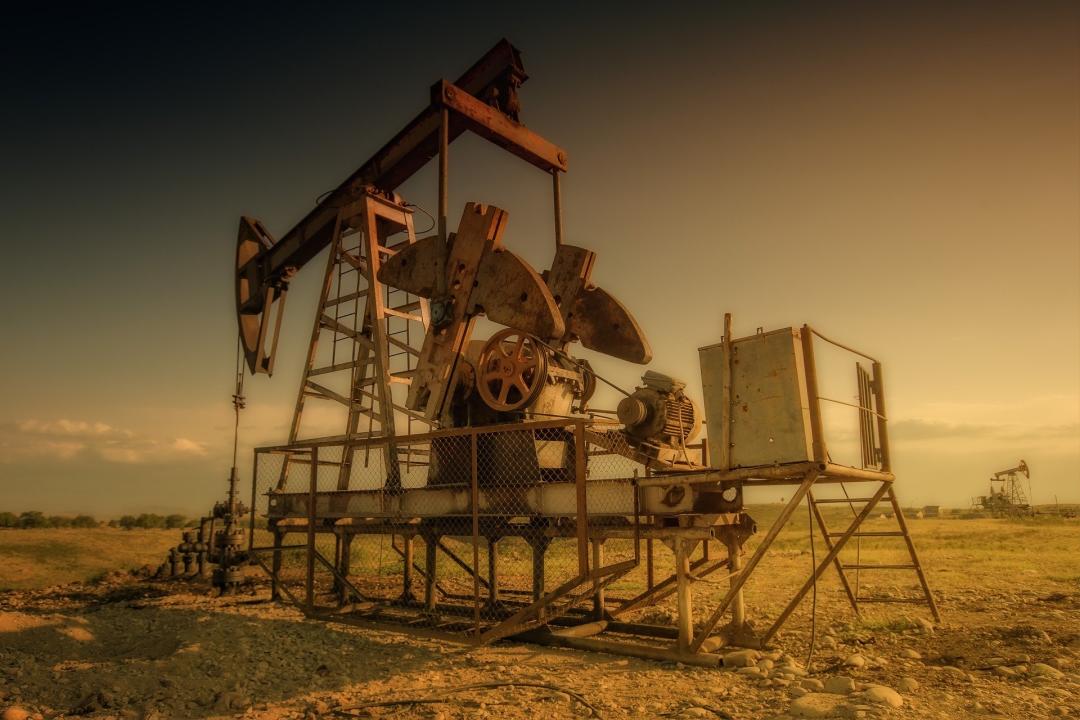
Azerbaijan in the post-oil era: COVID-19 impact on the economy

Azerbaijan is one of the countries trapped in Dutch disease. The development of oil and gas sites provided enough funds to advance such sectors as construction, tourism, agriculture and transportation. However, the non-oil sector of the economy has not developed enough to put an end to oil dependence. For the last decade, exports of mineral fuels have been comprising approximately 90% of all exported goods whilst agricultural produce has amounted to less than 5%. Currently, oil and gas revenues amount to a bit less than half of the 2020 state budget.
COVID-19 and oil price fluctuations present a serious threat for the Azerbaijani budget. The oil price was premised at the level of $55 for a barrel in the 2020 state budget, which definitely doesn’t match with the current situation and short-term prognosis. Another issue is the decrease in taxes due to the drop of economic activity both within the country and with the outside world. In addition to that, public payments to the population and business entities suffering from the crisis has reached 4% of the GDP. These issues cut the budgetary funds, so that the shrinking state budget cannot afford to be allocated as it used to be on the construction of public sites, roads and etc. This will affect those engaged in this activity, leaving a part of them unemployed.
The authorities need to undertake special measures after the pandemic to secure the funds. A possible measure seems to be the expansion of the tax base and an increase in tax rates. If enabled, this will most likely infer small and medium enterprises’ tax evasion behavior. Foreign loans are not seen as a correct measure since they will increase the relation of the total costs of the debt service to the state budget expenditures over the strategically desirable maximum level of 15%. The likely outcome is the use of the SOFAZ funds for domestic investment and amelioration of the business activity, since it has enough funds to drag the economy out of crisis in case of the implementation of a correct anti-crisis policy. However, the key objective of the state – elimination of the shadow economy – seems to be postponed until better times.
There are as well other problems looming large. The first deals with the level of FDI towards the country. Lack of future megaprojects and worsening economic situation leads to the conclusion that the decreasing trend will remain. Clearly, state and private domestic investments will share the burden of the economic development in the post-COVID-19 era. Another issue is the expected crisis in Russia, which will drop the amount of remittances sent by the Azerbaijani migrants to their families. This presents a serious problem for the part of the population that relies on these remittances.
The Azerbaijani economy can theoretically rely on a few sectors to break free from the oil dependence. One of them is tourism. After the pandemic there will be a chance to attract Russian tourists that cannot afford travelling to Europe or South-East Asia and thus will likely prefer more budget-friendly post-Soviet destinations. It’s crucial for the authorities not to cut budgetary expenditures in tourism sector.
Although a lot of attention is given to the development of the agricultural sector as the driver of non-oil economy, it seems that this sector will never be able to replace the effectiveness of the industrial or service sector. A third of the Azerbaijani population is employed in agriculture while the sector provides only 5% of the country’s GDP. The main objective of the agricultural development was accomplished a few years ago when Azerbaijan reached the point of food security.
One of the most promising areas is the logistics. The country’s location provides high chances to become a hub between Eastern, Southern and Western Eurasia. The biggest issue in this area is the management of the routes lying through the country. Although there are national programs relating to the development of transportation capacity and quality and megaprojects like the International North-South Transport Corridor and the East-West Trade and Transport Corridor, there are doubts that state-led entities will provide the best results in this area. It seems that private companies responsible for different parts of the country’s transportation system will increase the competition in the market thus developing the sector.
So far, Azerbaijan has shown moderate success in overcoming oil dependence. Beyond its adverse effects, the current crisis may lead to a change in economic planning in Azerbaijan by bringing to light new measures and approaches for the development of the economy. Several state-led entities with poor managerial skills and complicated decision-making systems may be replaced by private companies in several sectors of economy to promote competition and better results.
Contributed by Rasim Mammadli, PhD Candidate, MGIMO University.





